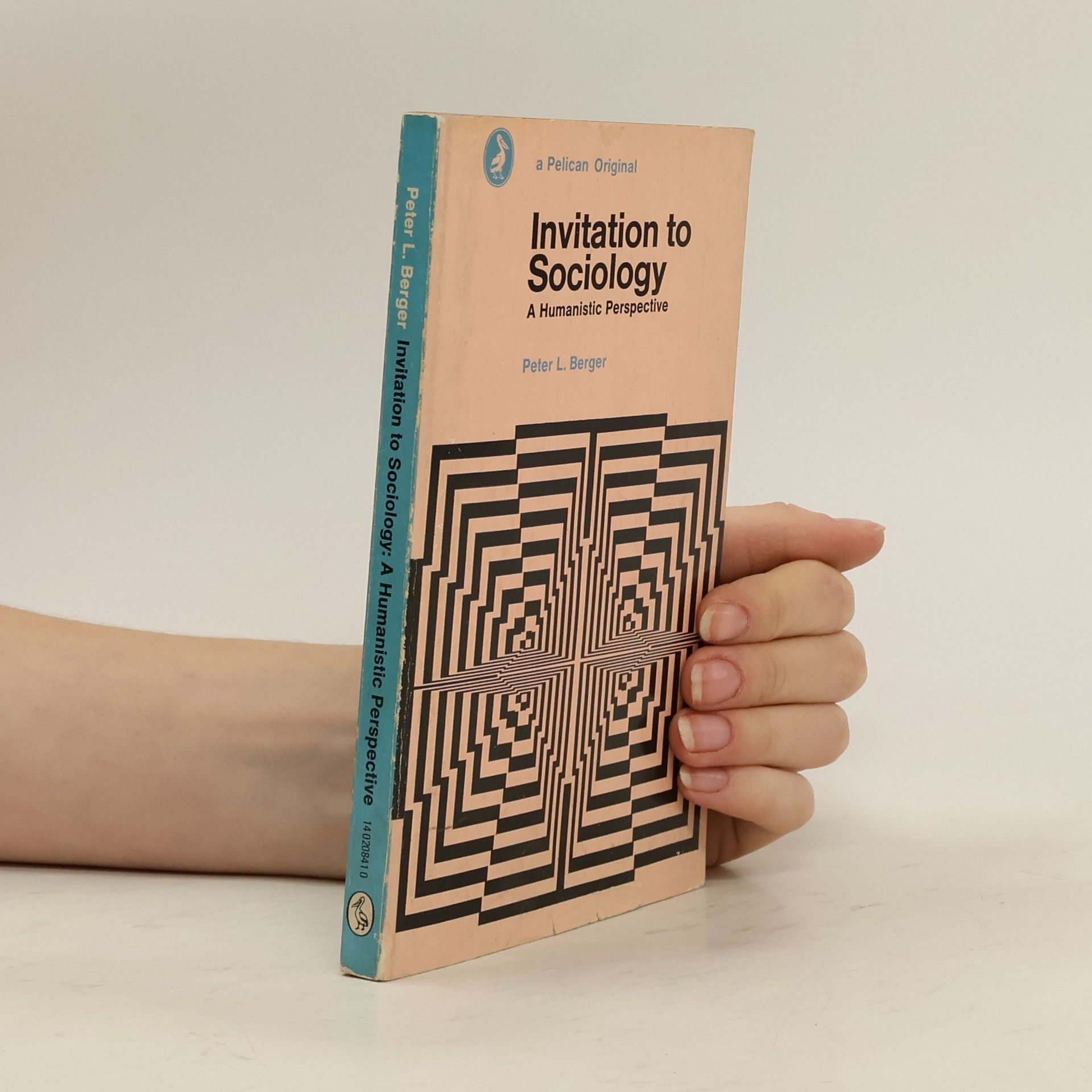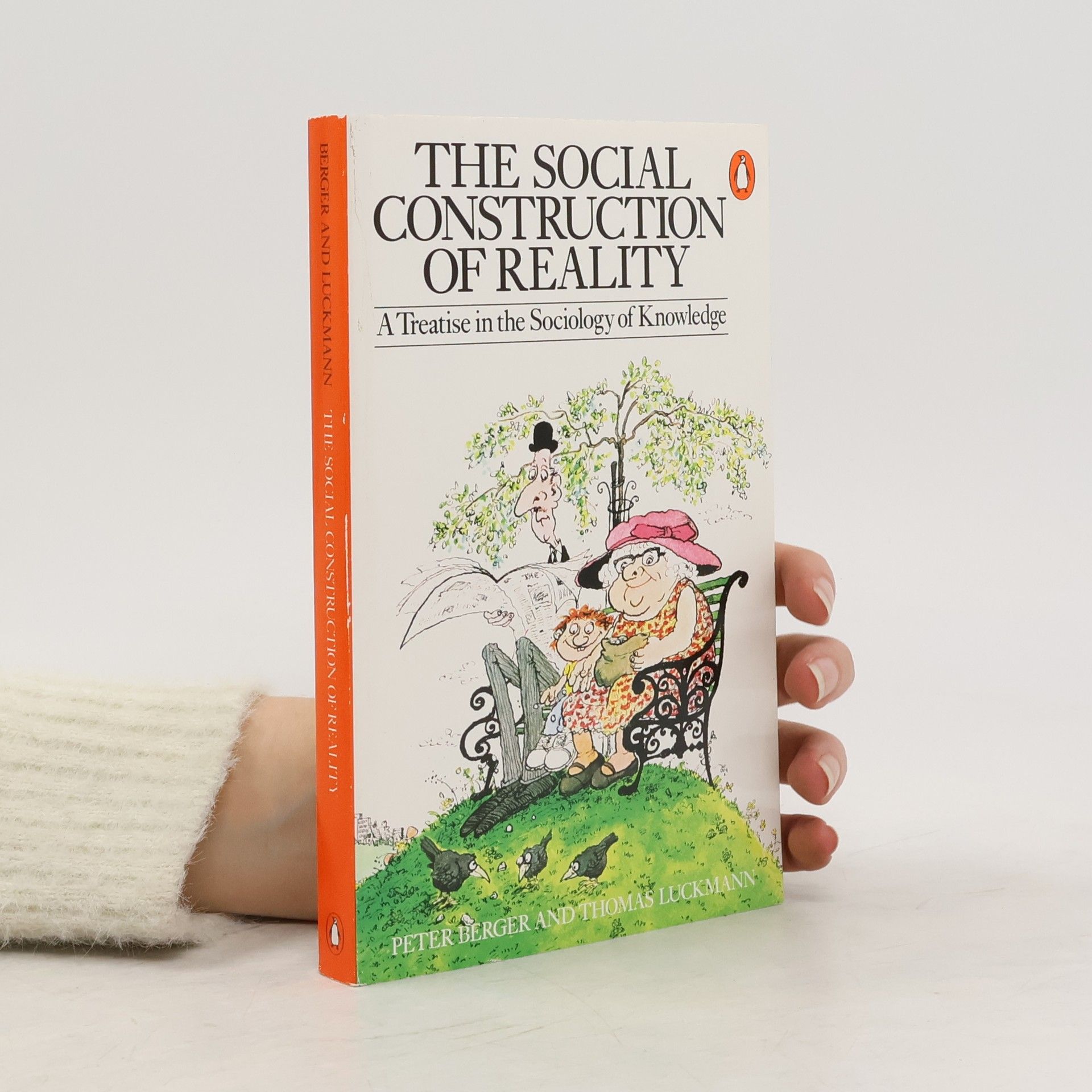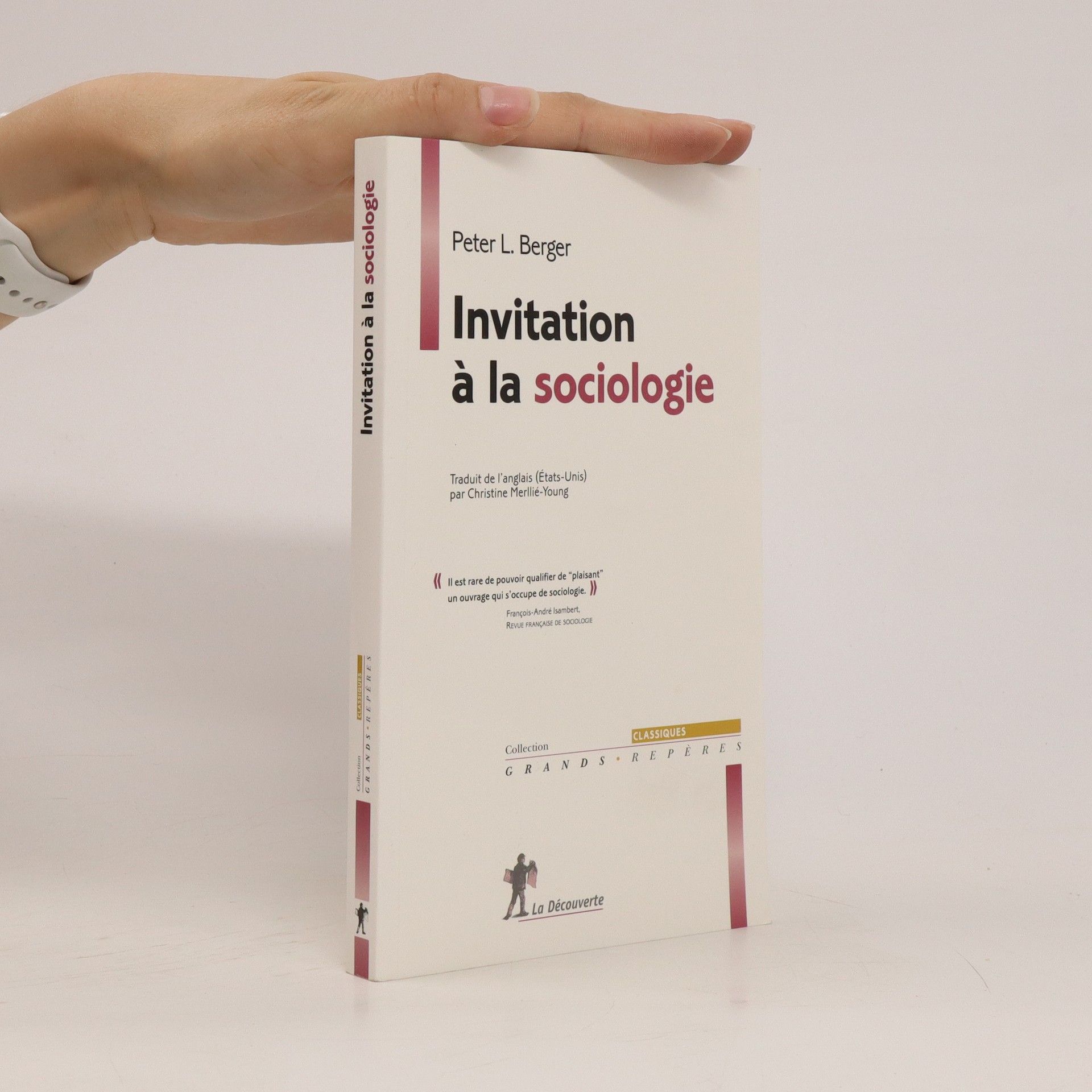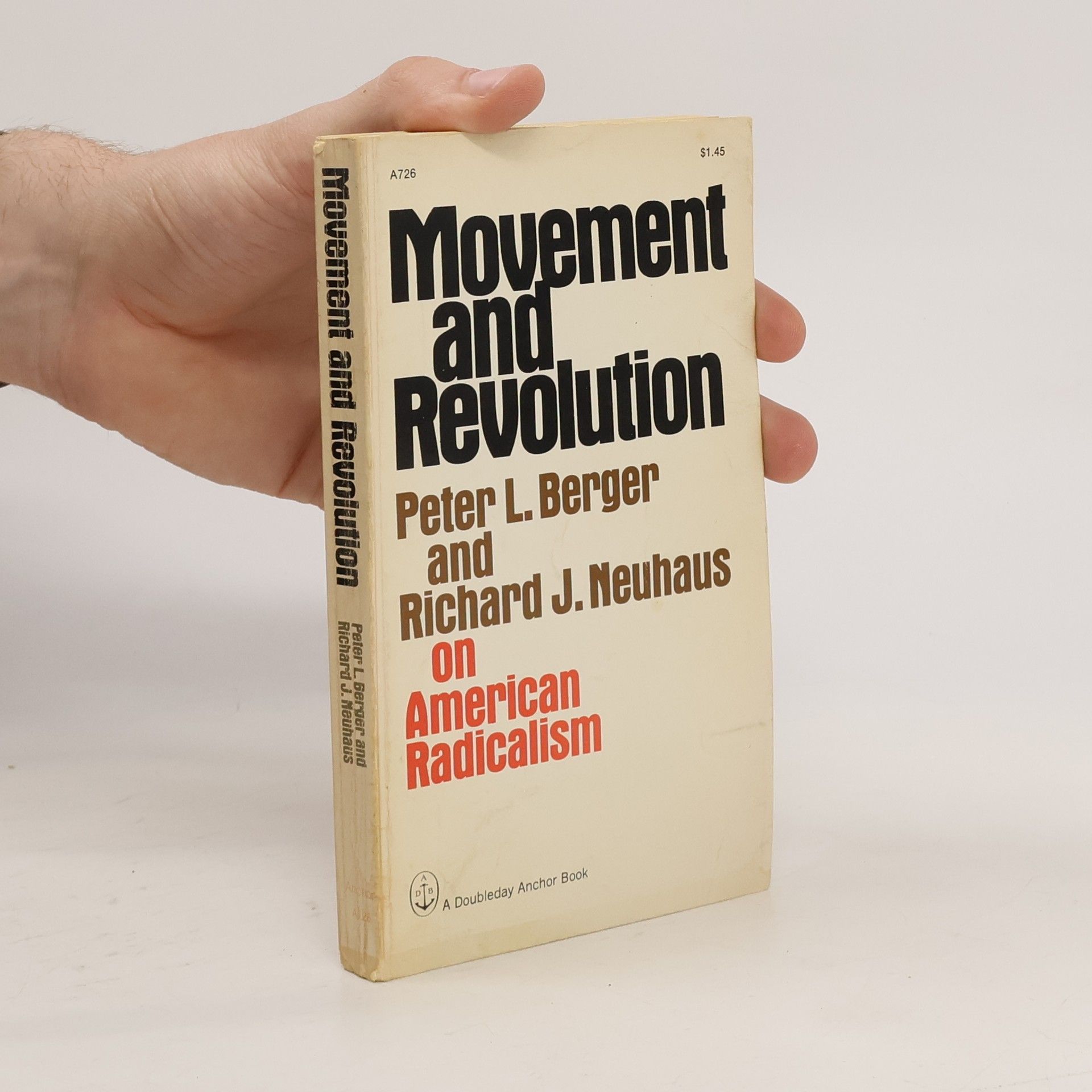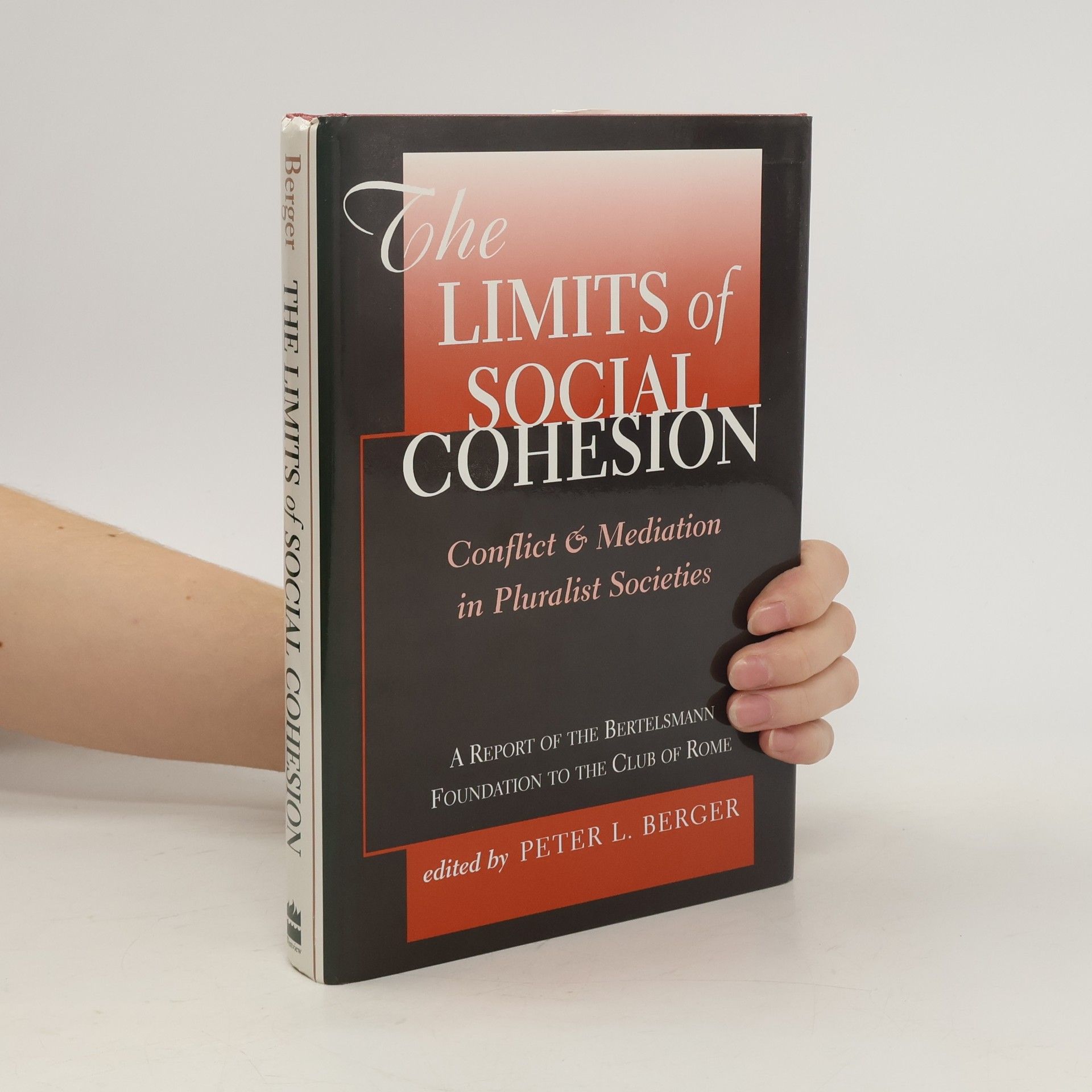Invitation á la sociologie
- 249pages
- 9 heures de lecture
La sociologie vous ennuie mortellement? Voici le carton d'invitation qui vous a manqué. Vous en attendez beaucoup, mais quoi au juste? Découvrez les implications personnelles du regard qu'elle porte sur le monde. Vous la croyez faite pour améliorer la vie des gens? Non, ce n'est pas si simple. Vous y voyez plutôt une curiosité que les réponses toutes faites ne peuvent satisfaire? Testez votre aptitude à devenir sociologue. Les possibilités de manipulation des technologies sociales vous inquiètent? La question n'est pas éludée. Vous trouvez que les sociologues d'aujourd'hui jargonnent pour ne rien dire et passent à côté des grands changements du monde? La postface vous est spécialement destinée. Ce livre vif et drôle, qui érige l'humour et l'irrespect en valeurs sociologiques, sous la plume d'un franc-tireur de la sociologie américaine, articule dans une synthèse originale les principaux points de vue de la sociologie classique sur le monde social. Diffusé à des centaines de milliers d'exemplaires aux Etats-Unis, publié ici dans une nouvelle traduction, voici un classique savoureux qui se distingue dans un genre difficile : l'initiation élémentaire aux grandes questions sociologiques.



